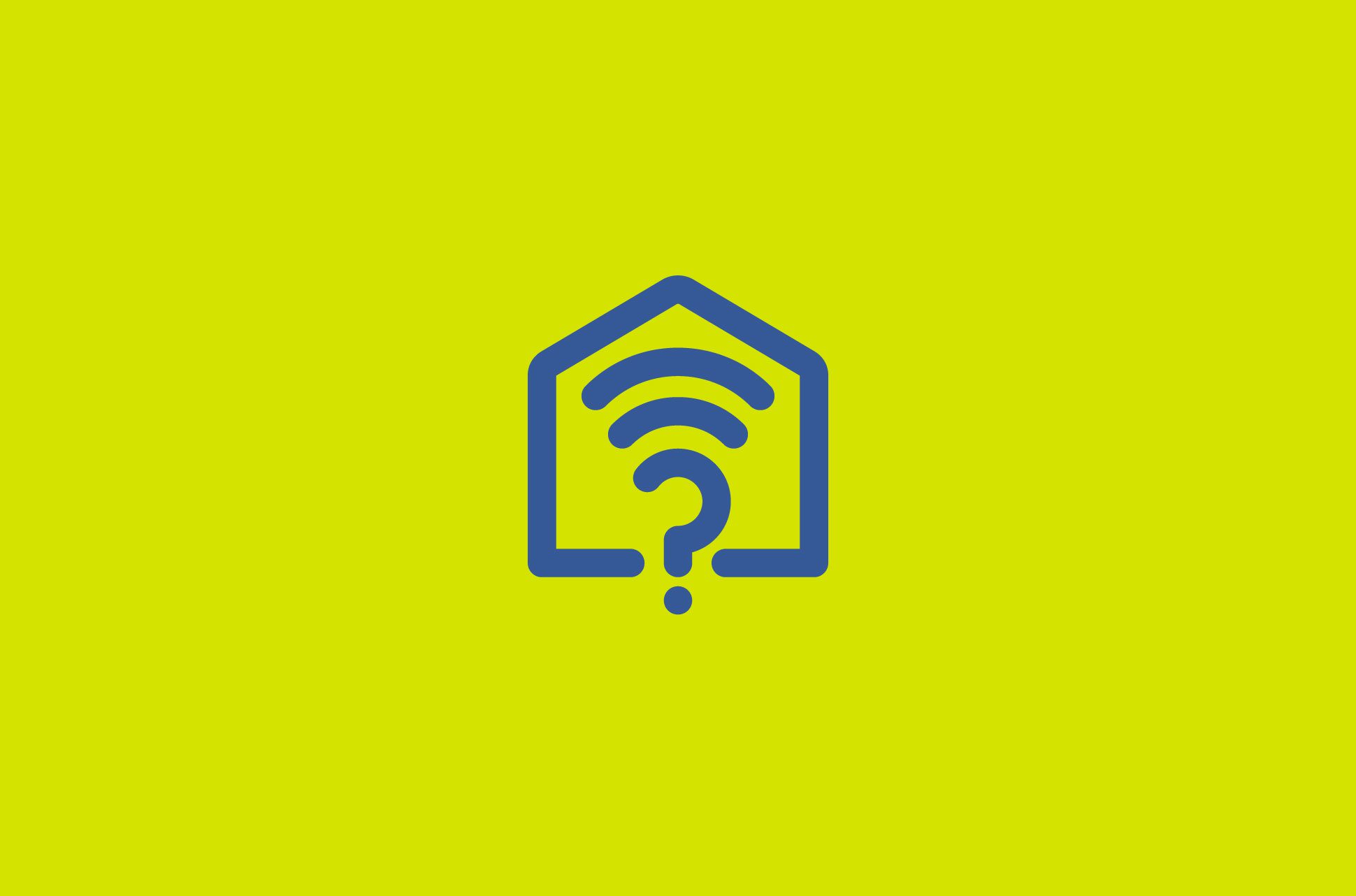
The Internet of Things (IoT) contains everything that connects to the internet. It describes the internet-able nature of modern physical devices, vehicles, and buildings. You may also have heard of IoT products as connected devices or “smart” devices.
How do IoT devices work?
All IoT devices have both built-in computers and a connection to the internet. This allows them to collect and process data, connect to other services, and potentially use that data to sell things back to you.
Typically these smart devices use sensors and software to enable the collection and exchange of data. Furthermore these devices can be controlled remotely to allow direct integration with computer systems, which theoretically results in greater convenience and efficiency for users.
How safe is the Internet of Things?
If you’re reading this, chances are you own a smart device, whether it’s a smart speaker like Amazon Alexa or Google Assistant, a CCTV camera, security lock, thermostat, lightbulbs, smartwatches, or a smart TV.
With each device connected to the internet, there is an unavoidable risk that, if unsecured, it can be hacked and remotely controlled by another person, as well as expose any unencrypted personal data through your Wi-Fi connection.
Where does the data go?
Most smart devices rely on collecting your personal data in order to work, like all the questions you ask Alexa, or your heart rate from your fitness watch.
That information is sometimes encrypted and stored on the service’s servers—not just for your own personal reference (like your progress on a 6-minute mile), but also to be used to tailor your experience with the service.
IoT shopping apps, for example, can track a phone’s location to learn a person’s shopping habits. Companies can use this data to target individuals with special offers for their favorite shops and products.
Smart devices can enhance home security, via alert notifications or a live camera feed sent to your phone anytime someone enters your home. But in allowing these smart devices into your house, your privacy can be compromised by analysis of network traffic from smart devices if they’re not encrypted properly.
Read more: Five smart home devices vulnerable to hacks
It’s not just your home devices
IoT application goes further than consumer products. Large-scale projects, such as smart grids, smart homes, intelligent transportation, and smart cities, are also embracing IoT.
But the potential threat to privacy is staggering—for one thing, if the infrastructure is particularly insecure, public infrastructure and utilities open themselves up to cyber attacks. And there’s a strong precedent for certain countries to mine as much data as they can in the name of surveillance.
A VPN can secure your smart devices
There are many privacy and security benefits to a VPN, which this blog has covered many times. Even better, an ExpressVPN router gives VPN protection to any Wi-Fi-enabled device, even ones that can’t normally run VPN software, like gaming consoles and all of your home devices.
Read next: How a VPN on your router can secure all your home devices in one go
Take the first step to protect yourself online. Try ExpressVPN risk-free.
Get ExpressVPN





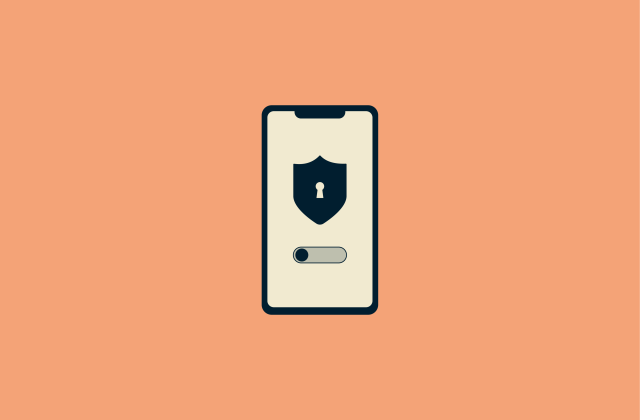
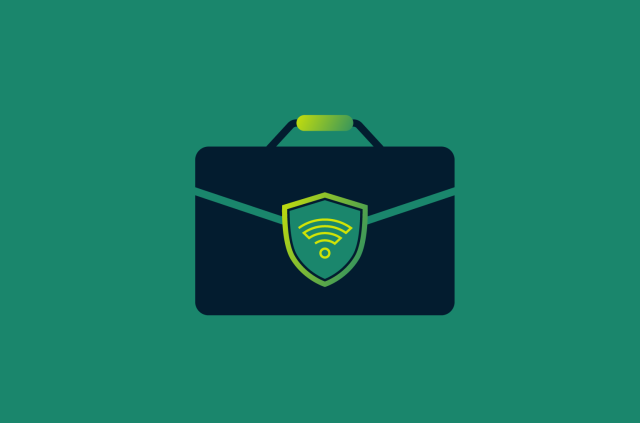

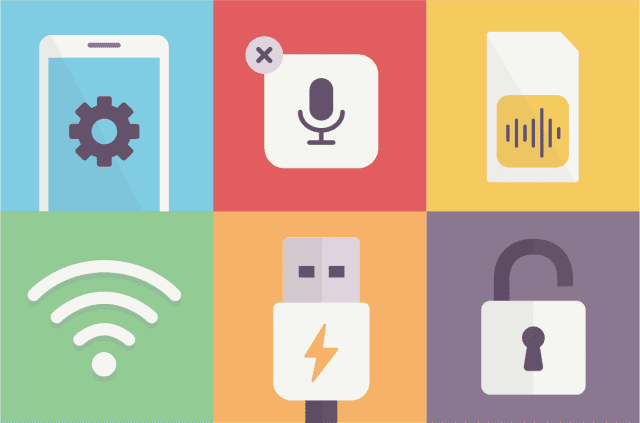
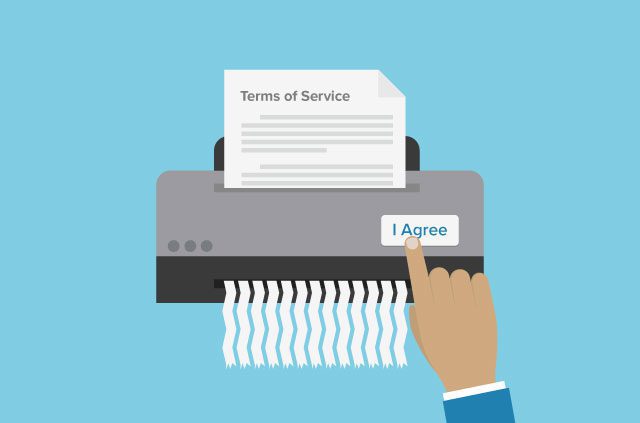


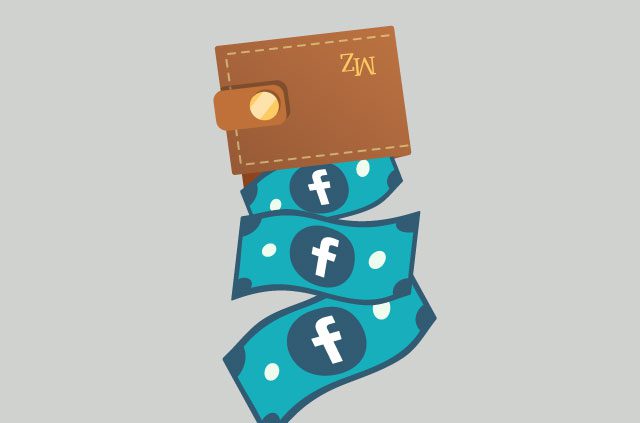
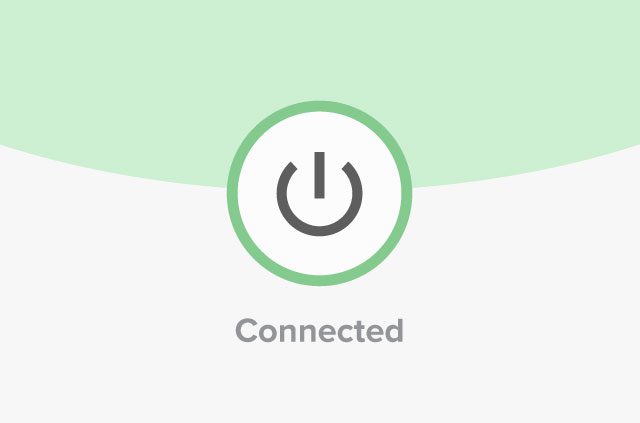





Comments
Great
If you have a separate GPS from your cell phone, can you be tracked through it. It would not have a sign up or address connected to it. There are also 2 versions of GPS. There are ones with Bluetooth, that can work with unwired backup cameras and cell phone speaker transmission. There are those without bluetooth. What can you tell me?
Last moment to run away from them. Delete ALL unnecessary data, especially PHONE, ADRESS, KIDS, health, origin, most of photos, what you love/ hate, where you travelled, what you bought, said, where you protested. States, banks, corporations are thieves,spies and executioners who work for slaveowner cults & they pretend its not happening. Delete FB, IG, WApp, iG, X and others if possible, soo, turn Windows t W8 or earlier, sabotage tracking, get alt OS. The more we give, the more they take.